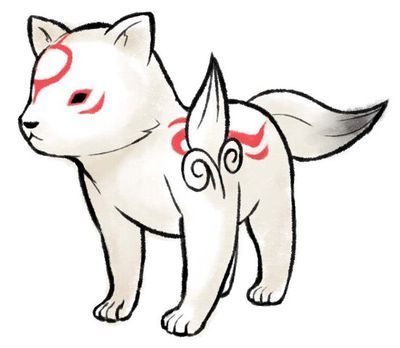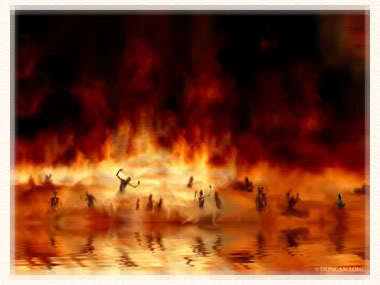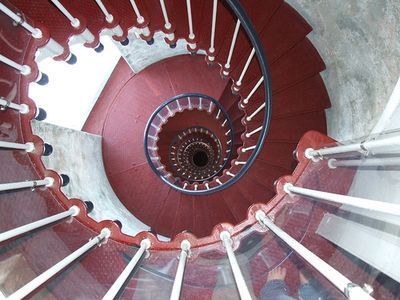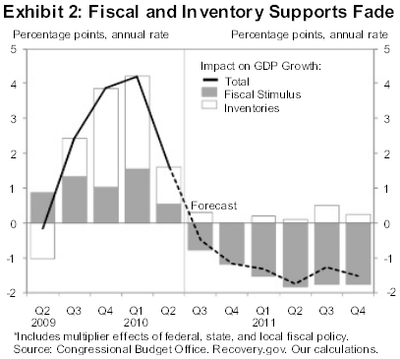What is the abyss?
By THEA LENARDUZZI
"What is the abyss?" Well, according to Google it has something to do with these pictures . . . .
Sitting on a small stage in the packed Gate Cinema in Notting Hill, about to begin a Q & A with Werner Herzog that was going to be streamed live to over thirty venues across the UK, the interviewer probably felt like he was teetering on the edge of an abyss all of his own. So, perhaps, he should be forgiven, perhaps, for opening with an almost exact repetition of an observation often made by the filmmaker himself, most recently, the previous morning on BBC Radio 4's Start the Week: "It strikes me that all of your films could have been called 'Into the Abyss'". It is a good point, though. The abyss could be the Amazonian rainforest, Nosferatu's lair, anywhere Herzog went with his extraordinary leading actor, Klaus Kinski.
Into the Abyss: A tale of death, a tale of life, Herzog's latest feature length documentary, considers Michael Perry and Jason Burkett who are both convicted of committing a triple murder in Conroe, Texas in 2001, when they were eighteen years old.
Perry is on Death Row, while Burkett is serving a life sentence. The story is familiar: broken homes; absent fathers; no education; limited choices and the wrong ones made. But the film is unmistakably Herzog's – from the pffuuuuut-ing of wind instruments on the soundtrack, to the unscripted (or overtly scripted) intrusions of nature ("Please describe an encounter with a squirrel", he asks of a priest who attends executions).
I am a Q & A sceptic, especially when they try to deal with such weighty, open-ended material. A barmaid Herzog interviews in the neighbouring town of Cut and Shoot offers a quote that may do for the director, too: "I see so many things but I don't deal with them ." Not conclusively, anyway. The notion of questions and answers sits awkwardly with a man who insists that "facts will never illuminate you; truth will", and for whom "Cinéma Verité is not right; it's the accountant's truth". Herzog's truth is usually found in fiction ("I can tell a lie", he smiles), which yields an "ecstatic truth" – a "deeper truth . . . embedded in poetry".
Questions? Certainly. "God is everywhere in this film" – with the perpetrators and their families as well as the victims, asserts the interviewer. "Yes . . . but where was God?" asks Herzog, quoting Pope Benedict on his visit to Auschwitz in 2006. Melyssa, who met and married Burkett during his life sentence, is expecting his child. The baby "was made" while Burkett was behind bars and they could only hold hands; "it's a mystery", she explains, like the rainbow which spread across the prison gates, proving that "he must be innocent" and that they were meant to be.
But last night, the only definite answer came in response to a question from the audience: "Are you afraid of death?" ; "No. Period. Can we leave it at that?" Well, that's a question, too. Can we leave it at that? Herzog's obsession with the abyss would suggest otherwise. (I suppressed the urge to follow up with "really? Not even a little?")
Peter Stothard's Blog
- Peter Stothard's profile
- 30 followers







